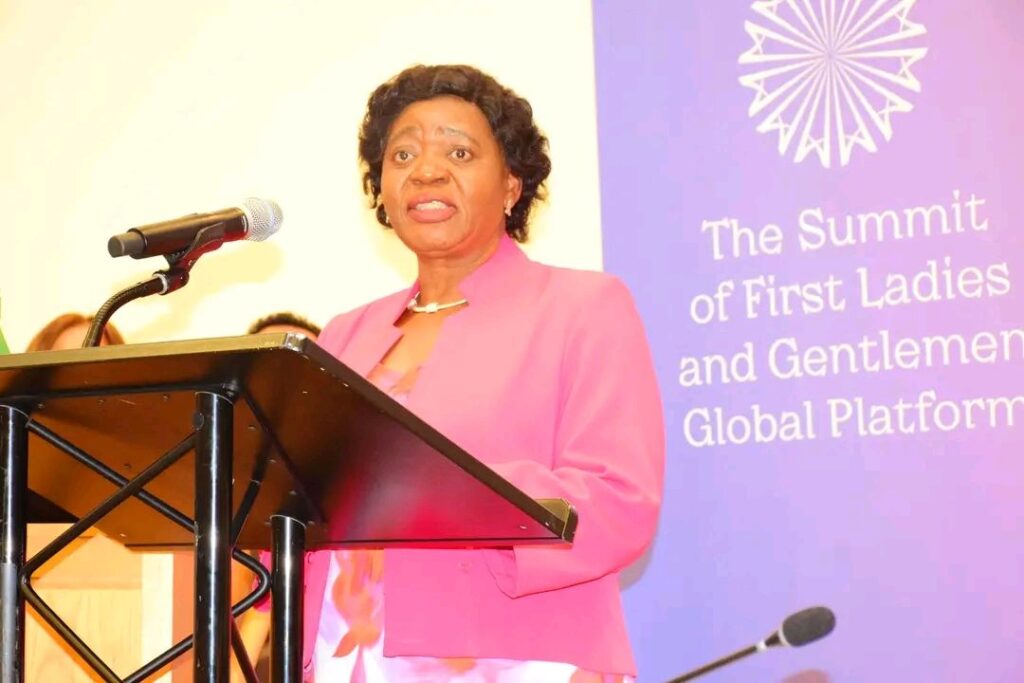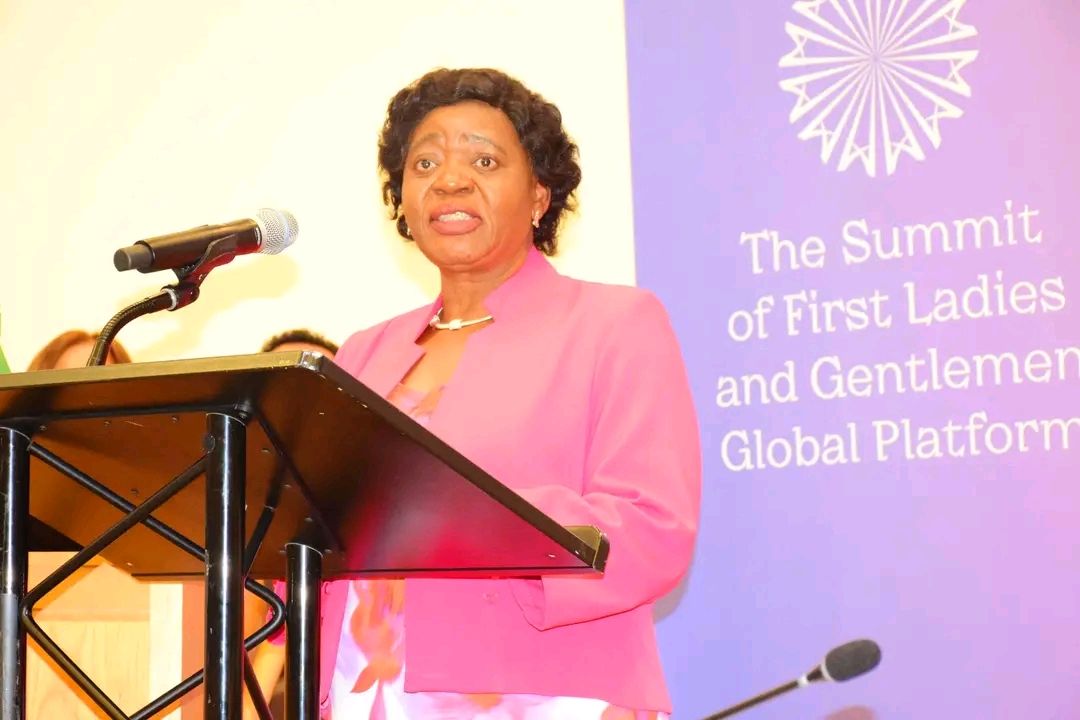By Chisomo Phiri
First Lady Madame Monica Chakwera says the Malawi’s youth face significant obstacles to education as only 17 percent of them have access to secondary education due to poverty, long distances to schools and inadequate infrastructure.
She made the remarks on Tuesday at the United Nations Headquarters in New York during a summit of the global platform for First ladies and gentlemen.

Madame Chakwera stressed that teenage pregnancies and child marriages pose critical risks to the prospects of young girls.
She said the statistics are alarming, with 29 percent of girls aged 15-19 pregnant or having already given birth and 42 percent married before reaching 18 years old.
“These circumstances lead to school dropouts and perpetuate the cycle of poverty,” she said.
The First Lady also stated that youth unemployment intensifies poverty and inequality in Malawi, as many lack the requisite skills for the job market, thereby impeding economic participation and growth.
“Enhancing the quality of education is paramount in overcoming these challenges by improving adolescent health, reducing incidences of child marriages and fostering youth participation in the economy,” she said.
Madame Chakwera highlighted the initiatives of the Shaping Our Future Foundation in Malawi, which focuses on advancing girls’ education, empowering women economically and advocating for sexual and reproductive health to effectively address these pressing issues.
She highlited that the foundation’s efforts have already benefitted over 2,000 girls to remain in school and facilitated 25 girls attending public universities.
Madame Chakwera stressed the need for more initiatives to prevent school dropouts, such as expanding national scholarship programs and establishing hostels in rural areas to provide secure accommodation for girls.
She also emphasized the importance of enhancing health services and access to sexual and reproductive health services, in conjunction with economic empowerment programs for women, to deter child marriages and encourage the retention of girls in school.
Finally, she pointed out the significance of investing in skills training and agricultural innovation for the youth, supported by the President’s initiative on environmentally sustainable large-scale farms, which will create opportunities in agribusiness.



